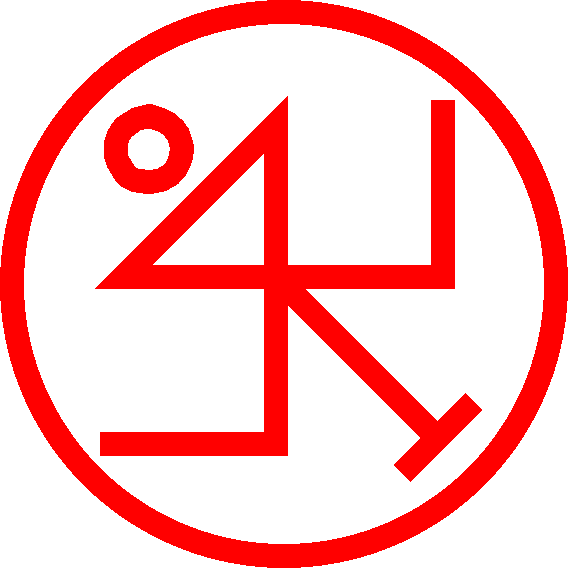Is any log kept of what queries I do?
If you hit <Enter>, my webserver will log what you entered, and your IP address. I do not look at those logs and will not unless legally compelled to do so for some reason. If you do not hit <Enter>, what you are typing (and the results you get) are handled completely client-side, in your web browser, and it is never sent to my servers at all.
How do spaces, upper/lower case, and numerals affect the results?
TLDR: They don’t, except numbers which are handled as you’d probably want them to be handled. Examples:
- The value of “Liber AL” (a name for Crowley’s The Book of the Law) has the same value as the word “liberal”, despite the different capitalization and the space.
- The value of “31”, typed as numerals, is 31. The value of “a 31” or “31a” or other such things is 32, because the calculator counts the “31” as 31, and the “a” as 1 (the letter “a” happens to have the value of 1 in both EQ31 and NAEQ ciphers).
- The value of “a ζ ב” is 10. The “a” is 1 (in both EQ31 and NAEQ); the Greek letter zeta is 7, and the Hebrew letter beth is 2. In short, using a mix of Greek, Hebrew, and English letters is entirely fine.
You might alternately have expected “31” to have the value “4” because of adding up each individual digit; we decided to preserve numbers as complete blocks, largely because this way you can simply type in a number and see all the entries in the database which match that number. In other words you can type in “666” and see the values which match 666 rather than 18.
How did you decide what entries to put in the database?
It has developed somewhat organically. The inclusion of any given words, or quotations from certain texts, should not in any way be regarded as implying that any other word or text is not valuable, merely that we haven’t gotten around to it, so to speak. If you’re curious, here’s how it happened:
- Long long ago (in the early 2000s), we began this project with all the entries in Crowley’s Sepher Sephiroth, published as an appendix to his Liber 777.
- Over time, we realized just how many errors there were in Sepher Sephiroth, mostly of the following categories:
- Crowley’s English translation of a Hebrew word was poor, misleading, or just plain confusing or wrong;
- the intended Hebrew word or phrase was listed with the correct numerical value, but was misspelled (frequently mixing up a Samekh ס with a final Mem ם, or mixing up a Resh ר with a Daleth ד);
- the Hebrew text was spelled correctly but some error in calculation was made.
- We proceeded to go through every single entry in the book, consulting Hebrew dictionaries and Marcus Jastrow’s A Dictionary of the Targumim (etc.) to correct ones which were simple and obvious mistakes. For the few cases where we could not identify the intended original, we left Crowley’s entry intact for completeness, but annotated the entry as such.
- We then added Greek entries Crowley allegedly intended for his Greek qabalah text, as compiled and found in various online sources.
At this point, the database therefore mainly consisted of “whatever Crowley had been interested in”.
Since then, it has been supplemented (primarily in English-alphabet entries) by whatever words I (your not so humble host) has been interested in: phrases of interest from the Thelemic holy books, names of Egyptian gods in their more or less standard English spellings (e.g. “Nephthys”), names of people and concepts in the world of the paranormal (e.g. “John Keel”, “Mothman”), some plants used in witchcraft (requested by an herbalist friend), and some places of interest to me (e.g. “Pittsburgh”, “Massachusetts”).
There are countless more words and texts which could be added to the database and more will always be coming. If you know me, feel free to contact me with suggestions or requests.
